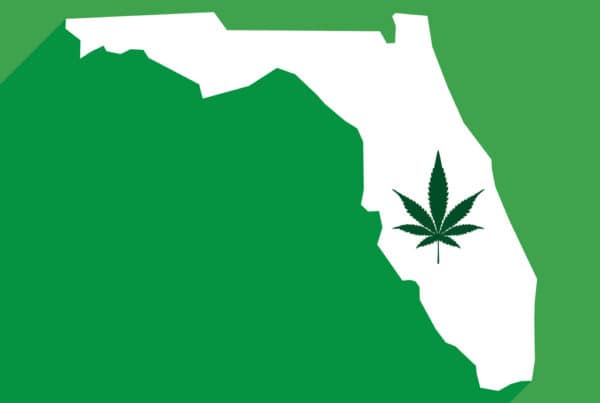TABLE OF CONTENTS
Employees in the United States that work for the federal government are more than 12 million in total and more are added every year. Most of these people take their government jobs very seriously and take pride in serving the country.
Research done by a Consumer Group noted that about eleven percent of the people who work in government also consume medical cannabis.
If any of these individuals worked in the private sector and were caught with either medical cannabis or recreational cannabis, then this would probably end in employment termination.
Recently, a bill was proposed to allow federal employees to have access to medical cannabis. Yes, you heard it right. Now, what is this legislative bill all about.
The Bill
This bill is bipartisan, meaning that it is being supported by both Democrats and Republicans; at least many of them. The bill is called “Fairness in Federal Drug Testing Under the State Laws Act.” This bill was introduced by Charlie Crist who is a Democratic representative in the state of Florida and Drew Ferguson who is a Republican representative in the state of Georgia. All this began in July 2018 towards the end of the summer.
The bill is said to give federal employees in the government an easy way to access and obtain a medical cannabis card and consume cannabis without having to be afraid of being fired. However, these federal employees have to be living in one of the states that have already legalized cannabis. Charlie Crist said that the idea was born with the veterans in mind.
The bill is more focused on veterans with PTSD. However, other federal employees would benefit from this new bill. Of course, that does not mean the federal employees who do consume medical cannabis won't be randomly tested for being under the influence. The employees with a higher level of security clearance would not be allowed to consume medical cannabis.
The Laws
There are about eight states in addition to the District of Columbia that has made recreational cannabis legal. Oklahoma and Michigan are said to be two of the states that will potentially legalize recreational cannabis in the November 2018 elections according to ballot referendum.
The federal government still believes that cannabis is illegal as classified under Schedule 1. Cocaine and heroin are in the same category, even though, they are hardcore drugs and cannabis is not. One of the main reasons why this new bill is being proposed and being allowed to be executed is because the Obama Administration and its Justice Department along with the Trump Administration and its Justice Department have agreed that discretion would be sued when it comes to legalized medical cannabis use for federal employees and Americans in states that are legal.
On the contrary, past President Reagan had a different approach, believing that using cannabis, whether legal or not is a disqualifying element for someone to be employed in federal government.
The Protection
The bill will protect federal employees from being fired because of using medical cannabis in a legal manner according to the dictate of state laws. The bill has a provision that exempts the provision of employees who might be seeking high-level security clearance in government. In such a case, the employee would not be able to get that security clearance, if the person consumes medical cannabis, whether legal or not. Another clause in the bill indicates that if an employee used cannabis, there is still a chance that they could be fired if it impairs them while they are on the job.
“
There are over 300,000 jobs in the cannabis industry. CTU trained me for one of them!

Makes $24.50 @ THC +
Final Thoughts
Many supporters are in agreement to this legislative bill allowing federal government administration to hire and keep qualified and eligible applicants with a medical and legal reason to consume cannabis. The fact that this will help veterans with their PTSD is also admirable as supporters indicate.

Fred Hernandez
Fred Hernandez is a highly accomplished and versatile writer, boasting an extensive background in the cannabis industry. With an in-depth understanding of various sectors including cultivators, processors, retailers, and brands, Fred's expertise spans across the entire cannabis landscape. As a prominent contributor to CTU, he consistently delivers insightful articles exploring the latest developments, news, and regulations shaping the cannabis industry. Whether it's delving into the intricacies of cannabis products, cannabis strain reviews, or providing comprehensive analyses of cannabis laws, or sharing expert insights on cannabis cultivation techniques, Fred's wealth of knowledge positions him as an invaluable writer and educator for all cannabis-related subjects.












 Jeff was involved in an accident where he endured a traumatic brain injury. He had a week-long stay in ICU where brain surgeons
Jeff was involved in an accident where he endured a traumatic brain injury. He had a week-long stay in ICU where brain surgeons  100% risk free money back guarantee within 48 hours after purchase if student has not completed any of the courses or exams.
100% risk free money back guarantee within 48 hours after purchase if student has not completed any of the courses or exams.